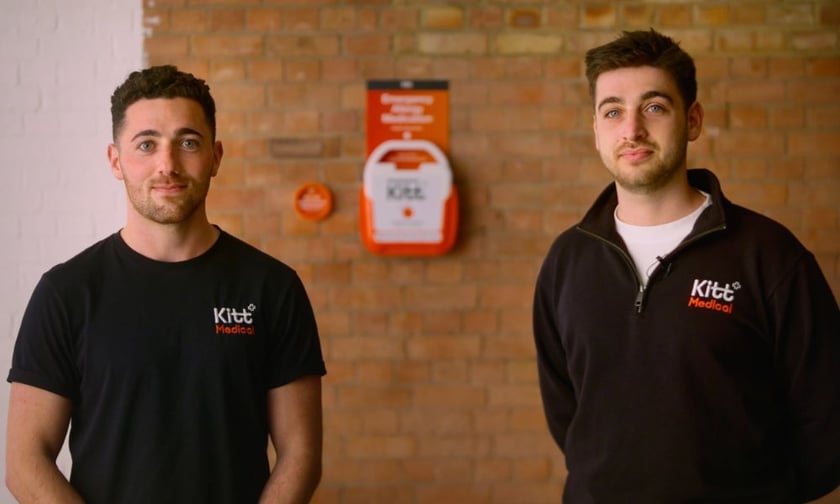

This article was provided by Travelers Europe.
Allergies are a growing concern – both in the UK and around the world. Approximately 44% of adults in the UK suffer from at least one allergy. The World Health Organisation now recognises allergies as a global health concern and predicts that this year, half of the entire EU population will be affected by chronic allergies.
Unfortunately, many of these people may be unprepared to manage anaphylaxis, the severe, rapid-onset reaction to an allergen that can be life-threatening if not swiftly addressed. When someone experiences anaphylaxis, their body releases chemicals that cause their airways to swell, blood pressure to drop, and organs to struggle for oxygen. The injection of adrenaline is critical in the minutes following a reaction, and works like a life-saving reset button, quickly tackling the symptoms of anaphylaxis.
However, studies indicate that a significant number of at-risk individuals do not carry their prescribed adrenaline auto-injectors (AAIs). Data from Imperial College also found that many patients who have experienced serious allergies have not even been prescribed an AAI. A further issue compounding the challenge of allergies is that they can present themselves at any stage of life. A person may not know they will have a severe reaction until they do.
“This gap in preparedness underscores the need for businesses and public spaces to be able to respond effectively to such emergencies,” said Naomi Bailey, senior risk control consultant at Travelers Europe. A food allergy sufferer herself, Bailey carries an AAI and has first-hand experience managing the risks allergic reactions can present. “We want to help our clients manage these risks. It not only makes business sense – it’s also the right thing to do.”
Anaphylaxis may occur within minutes of a person’s exposure to an allergen. Foods are common triggers, along with insect stings, medications, and latex. The immediate administration of adrenaline counteracts a severe allergic response and, in many cases, can save lives.
The speed of intervention during an anaphylactic episode is vital. Delays in administering adrenaline can result in worsening symptoms and increase the risk of fatalities. However, relying solely on individuals to carry their AAIs is unrealistic when many people don’t have their injectors accessible during emergencies. This reality places a moral responsibility on organisations of all shapes and sizes, to equip themselves with emergency resources to manage such incidents effectively as and when they occur.
To address this critical need, Travelers partnered with Kitt Medical (founders Zak Marks and James Cohen pictured above), a company that developed a kit which provides qualified organisations with access to adrenaline for use in emergencies. These ‘Anaphylaxis Kitts’ help people treat severe allergic reactions in the moments after they occur. They can be compared to the automated external defibrillators (AEDs) widely available for cardiac emergencies. It’s just like a defibrillator, but for allergies!
Each Anaphylaxis Kitt includes:
In the UK, regulations permit both registered schools, and qualifying businesses with occupational health schemes to obtain and maintain AAIs for emergency use. Implementing AAIs can help them fulfill safety obligations and demonstrate a proactive approach to safeguarding people.
If your clients could benefit from having access to an Anaphylaxis Kitt and are qualified to obtain one, they can take these steps to prepare for integrating one into their organisation:
Anaphylaxis poses a serious health risk that requires immediate and effective intervention. Allergic reactions can be unpredictable. This, combined with the reality that many individuals do not carry their prescribed AAIs, calls for organisations to take proactive steps to prepare for such emergencies.
“By partnering with Kitt Medical and offering their services to our clients, we can help businesses provide potentially life-saving treatment,” said Richard Harrison, head of risk control at Travelers Europe. “Businesses can send the message that they care about safeguarding the well-being of all who enter their premises.”
Looking for a trusted advisor to help your clients manage their risks? Use expertise from Travelers to your advantage. Learn more about our risk management services and the range of organisations in our network of service partners.
